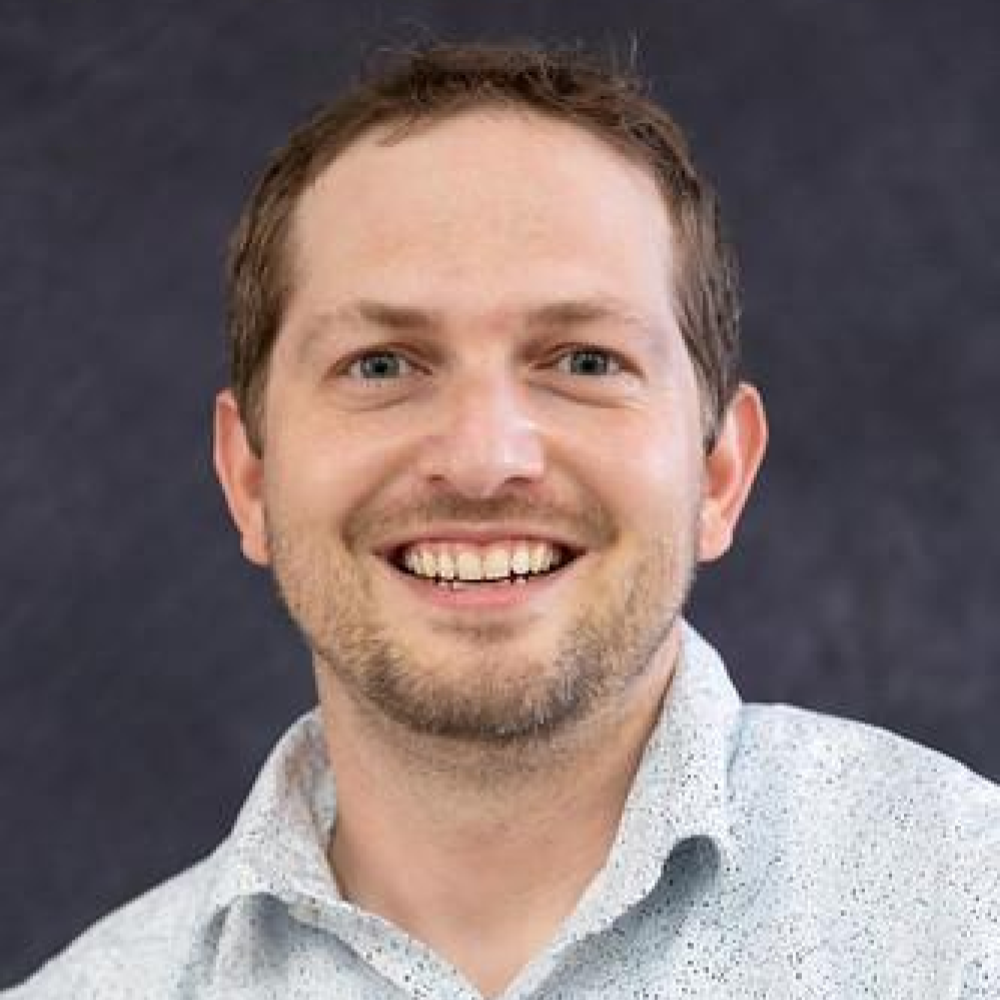
Individualized Clinical Education: Tailoring Education Plans To Define Clinical Experiences With Goals and Objectives
Abstract:
Immersive clinical experiences in athletic training programs aim to offer students with full-time clinical education unhampered by didactic education. These experiences expose students to comprehensive athletic training care, enhancing their readiness for autonomous practice. However, data suggests that a lack of structured training in developing and implementing these immersive experiences exists. Defining differences in traditional and immersive clinical experiences and clearly setting goals and objectives is likely to provide both the student and preceptor stronger academic experiences. Additionally, it’s been reported that communication and understanding roles that faculty and preceptors perform are key to successful clinical immersive experiences. Data indicates a partnership approach, by faculty and preceptors, allows increased opportunities for communication and sharing of experiences. Integrating purposeful didactic content into clinical practice and incorporating clinical experiences from preceptors into the classroom, enhance the overall mission to provide high-quality educational experiences for students. This breakout session will explore a program’s initiative to establish clinical site-specific education plans, part of the program’s long-term preceptor training strategy. Using a backwards design approach, preceptors identify primary learning objectives for students and differentiate goals for first- and second-year learners. This collaborative approach aligns programmatic goals, supports preceptors and provides an individualized plan reflecting preceptor expertise and clinical site opportunities. Plans emphasize preparation for clinical education, bridging the theory to practice gap, orientation, role modeling and feedback. Attendees will discuss adaptations of this model to their clinical sites and share experiences in defining immersive clinical experiences at their intuitions.
Learning Objectives:
- Examine one program’s approach to defining clinical experiences and setting goals and objectives.
- Analyze how this approach may work to organize clinical experiences for their clinical sites and students.
- Present and evaluate strategies used in their own programs to define clinical experiences and set goals and objectives.
Level:
Essential
Domain(s):
Domain 5: Health Care Administration and Professional Responsibility
CEUs:
0.25 Category A
Track: Program Administration
Format: Breakout Session
In order to earn your CEUs, you must watch the session video in its entirety and complete the assessment.
This session will be recorded live and available on-demand beginning Oct. 23.

Thomas Newman, PhD, LAT, ATC
Thomas M. Newman, PhD, LAT, ATC is a the Clinical Education Coordinator and faculty member in the Master's of Athletic Training Program at James Madison University. He earned his B.S. and PhD from The Pennsylvania State University and his M.Ed. from the University of Virginia. His research has primarily focused on clinical applications in military cadet populations. As the Clinical Education Coordinator, Thomas has also begun to explore the impact of preceptor training and its impact on clinical education for students. Through this research, it is the goal to better understand how to support our students through the continued training and understanding of needs for our clinical preceptors.

